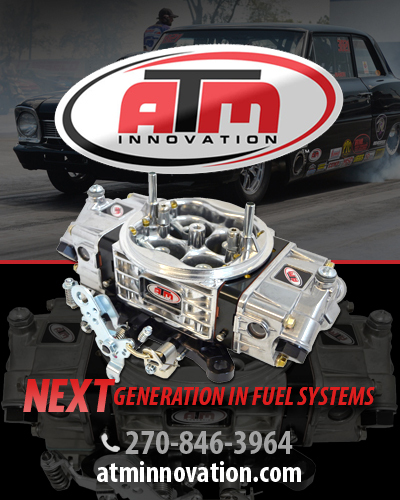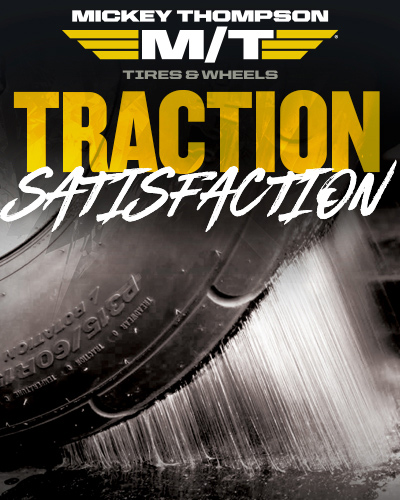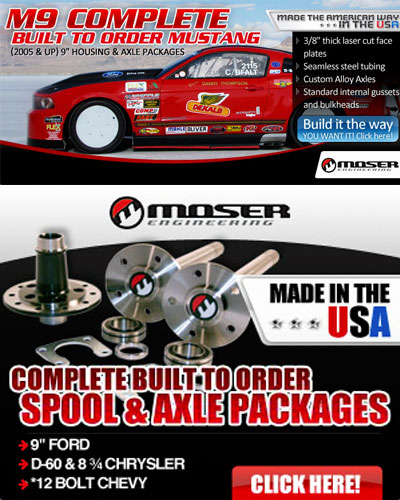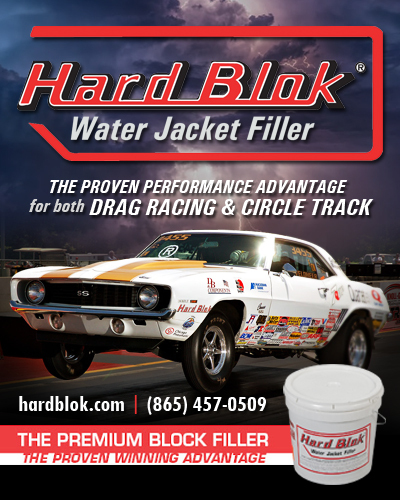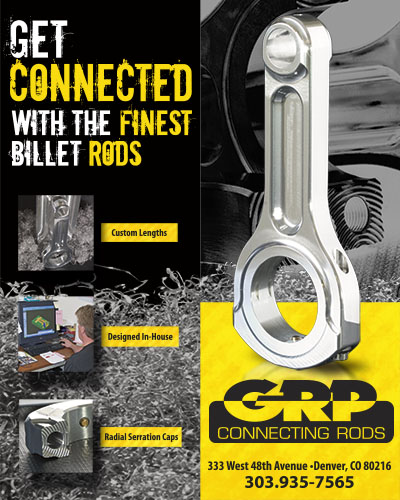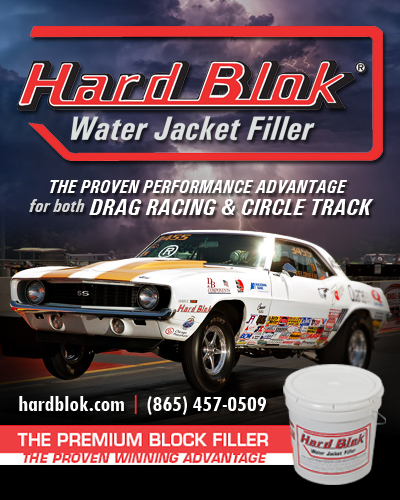RECOVERED ADDICT, ALCOHOLIC HEPP USES DRAG RACING TO REACH THE STRUGGLING
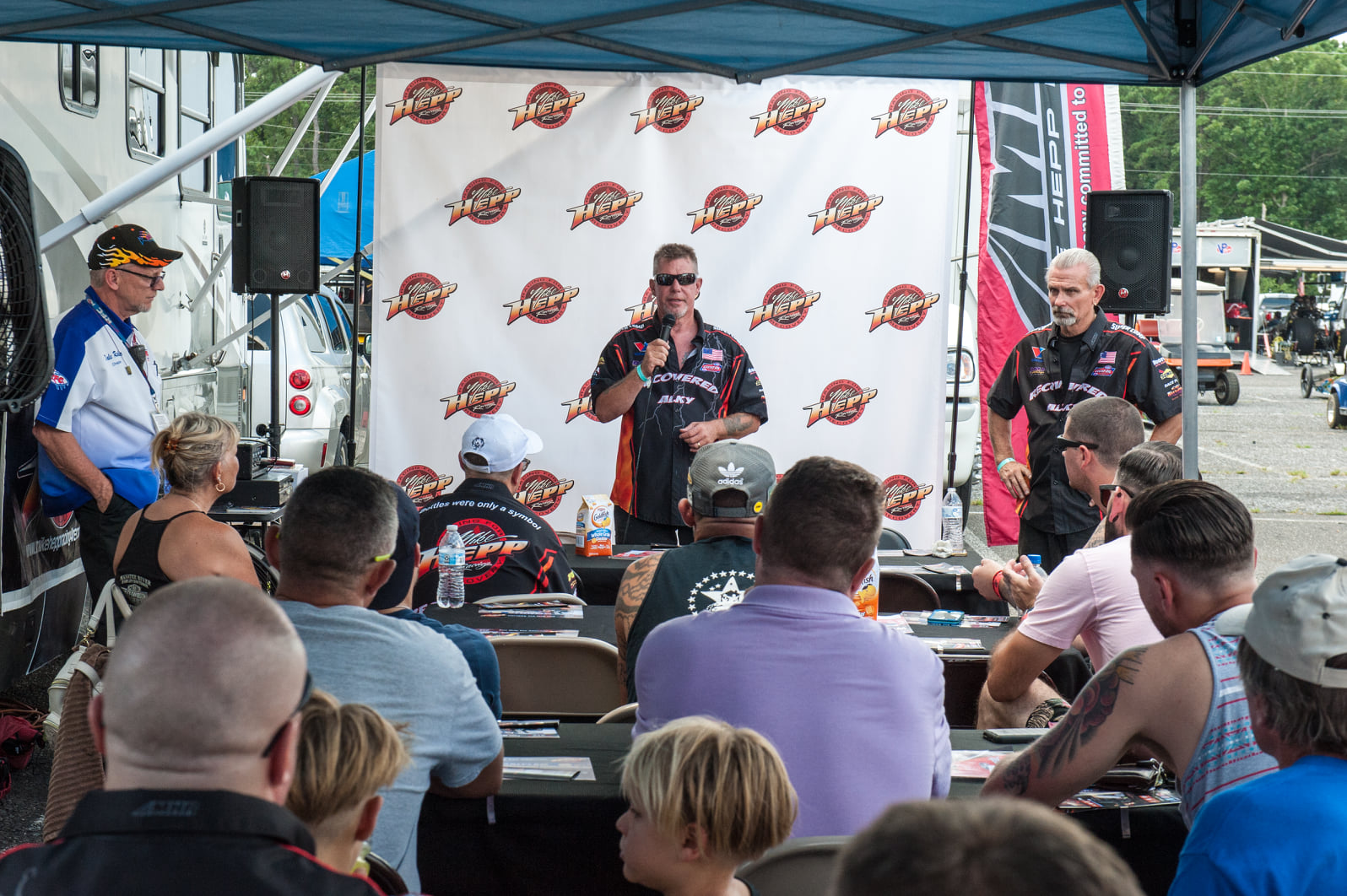
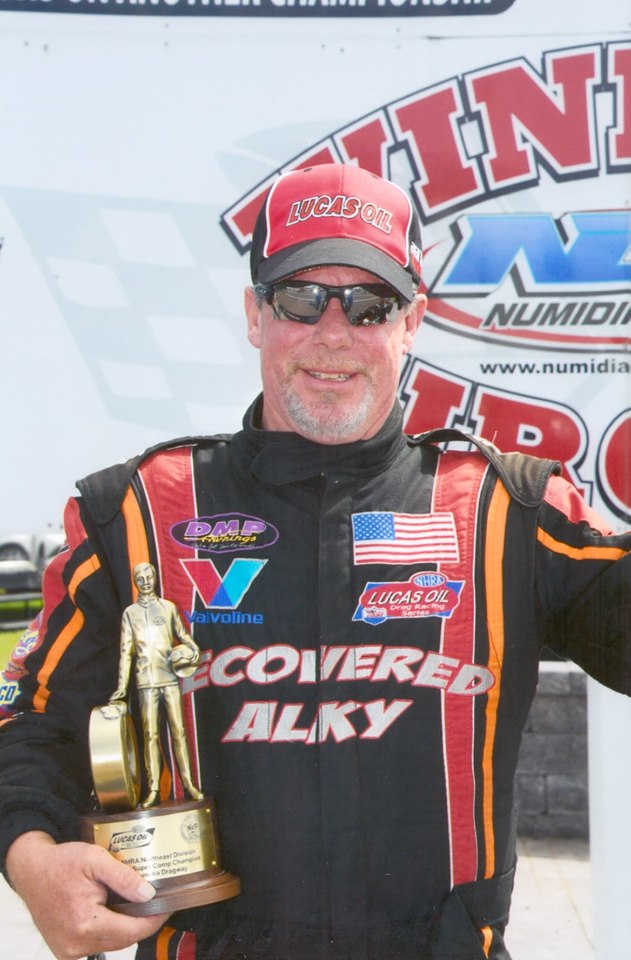 Mike Hepp, an NHRA Northeast Division Super Comp driver, has a unique story. He is a recovering alcoholic and drug addict, who is using racing to help a Road to Recovery program that he and his crew member Glenn Moore founded.
Mike Hepp, an NHRA Northeast Division Super Comp driver, has a unique story. He is a recovering alcoholic and drug addict, who is using racing to help a Road to Recovery program that he and his crew member Glenn Moore founded.
Hepp has been racing since 2012. Mike Hepp Racing has a focus on battling the drug and alcohol epidemic in America with their recovery program.
“Back in the 70’s, it was kind of lax,” Hepp said when he began drinking. “My father had a pretty neat philosophy, which I still firmly believe today. The United States of America is a great country. At 18, they can take you in the military, but you’re not allowed to drink until you’re 21. My father believed if you’re old enough to work for a living, pay taxes, and do what you’re supposed to do, you should be allowed to have a cold beer in this country. Back in the 70s, when I was 15-16-17, it was acceptable back then as long as you didn’t get out of hand.
“When I first started drinking at 15, then into 16, there were times that I overindulged and drank too much. I chalked it up as to not being experienced, but I didn’t know what was taking place in me -- spiritually, physically, and mentally -- as I didn’t know this would balloon into a full-blown addiction.
“I would go out with the intention to have a couple of couple beers; then, it led to 3-4 six-packs. As it progressed over the years, at the end of my run, in 2006 -- this had really lasted a very long time -- I was drinking two 30 packs a day. Then, top that off with $250-300 worth of crack cocaine every day.
“Eventually I collapsed under that mutilation -- and that’s exactly what happened. I was like any other alcoholic or drug addict. You promise yourself that you’re only going to drink X, Y, and Z, but it led to me starting, and I cannot stop. The same thing with the drugs. Cocaine wasn’t a physical addiction, but it was a mental addiction. Your mind always goes back to what does it for you.”
Through the program, Hepp tells the clients about his previous battle with the disease.
“I work with people who are dealing with addiction -- and I tell them that I went out to get 2-3 bundles of crack cocaine, and I would have two today and would think I would save one for tomorrow,” he said. “That would never pan out. I always overindulged, even with drinking. No matter what I did, I always started, and I couldn’t stop. When I got started, there was no such thing as going to bed and getting up. I was so heavily involved that I would pass out and come too, and I got used to that. I would start drinking and not know how I got home, or start drinking and now know how I got to somebody else’s house. That stuff was going on pretty frequently. I thought it was normal to go out and not remember stuff. I thought everyone had that experience.
“Unfortunately, it happens to the minority of folks who are suffering from addiction. That feeling doesn’t happen to the social drinker. The long and short of it is, I swore on a stack of bibles that after my kids were born that I would stop, but nothing ever stopped me. That wasn’t my intention, but losing everything -- I went to prison, and I was a deadbeat dad.”
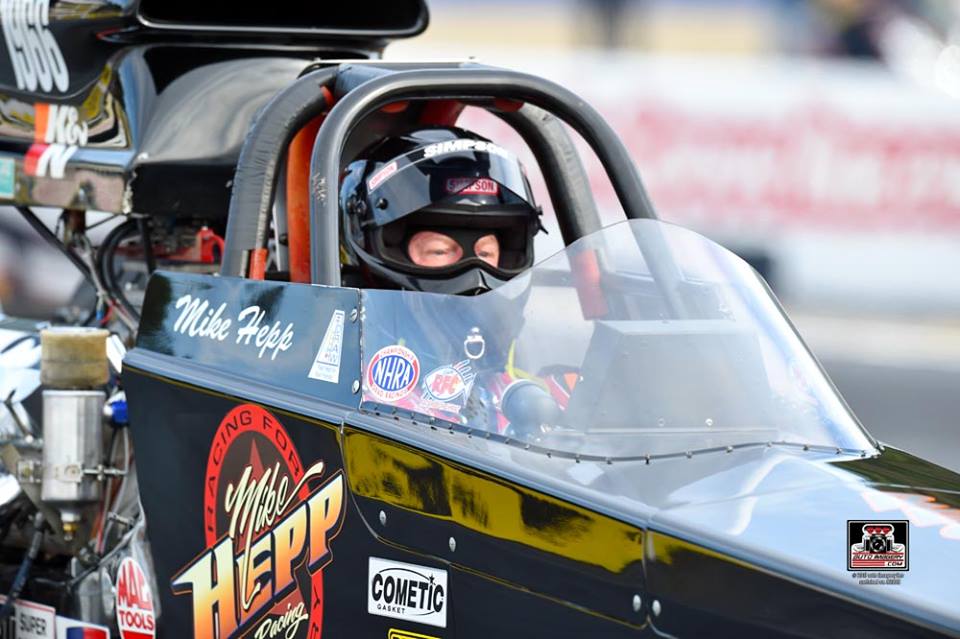 Hepp said he went to prison for six months through unpaid child support. He said he owed his fiancée $50,000 in back child support at the time he went to prison.
Hepp said he went to prison for six months through unpaid child support. He said he owed his fiancée $50,000 in back child support at the time he went to prison.
“I had three kids, and I owed that after we had separated,” he said. “It was something like $1,000 a month in support. Of course, I blamed her. How could this SOB do this and put me in jail? I never took ownership or responsibility of anything in my life. I always pointed to others, as I blamed everyone for my situation. It never got better, and it progressively got worse all the time, and there was never a light at the end of the tunnel. I was at the point in 2006 that I was going to stick a gun in my mouth, but I didn’t have the courage to pull the trigger. I didn’t want to live that way anymore.
“I finally screamed out for help, and the doors opened. I was able to connect with the right people at the right time. They showed me what I needed to do in order to recover. I’ve been blessed over the course of the last 14 years to A) reunited with Glen and B) for us to be able to put this program together, and C) to be able to help folks who were like us.”
While he was serving his hard time, Hepp said it was his Alcoholics Anonymous boot camp. He also said he taught the steps of the program to those, who needed the help behind bars, as well.
“It’s funny you ask that, because picture this, I’m on crack cocaine and was picked up by a warrants squad,” Hepp said. “I went in front of a judge, and he gave me six months in the County Jail in Philadelphia. When I got there, I was scared to death. I didn’t know what to do when I was there. I call a guy named Chris Brennan -- which was a guy that I had met in rehab years prior to that. I reached out to him. There were no books for Alcoholics Anonymous at the time. I reached out to Chris and gave him my story. He told me I was where I was supposed to be. He said consider it AA boot camp.
“A week or two later, the chaplain’s office called me down and said to come down to get some books. I started to teach the steps in jail. I had a book study in prison. I was there for six months, and the day I was told I could leave, I didn’t want to leave. I saw with my own eyes people getting well by studying the literature and doing what they needed to do. It was an amazing deal to see. Unfortunately, I had to leave, and a guy named Kevin Hopkins picked me up. After leaving jail, I went into a recovery house. While it’s good that you do the steps, it’s imperative that you put their own well being in front of your own and teach people about this program.”
Hepp said there are three folds to the illness.
“This is a disease,” he said. “This is a mental illness. It’s actually a three-fold illness. You start out as someone with morals and guidance, but all that sh*t goes out the window, as the disease progresses. I did a lot of things that I said I would never do. I said I would never lie and steal, but then I did. It becomes what addiction is all about.
“In our book, it talks about the abnormal becomes the normal. We have a physical book for everyone that goes through our program. We have a 12-step program -- and we have a bible for that, so to speak, and we go through the steps with the folks in the program. It’s awesome.”
He went to a recovery house in Kensington, a neighborhood in Philadelphia, Pennsylvania, that helped change his life. While he did not remember its name, he said it was on Atlantic and Frankford.
“I forget the organization it was,” Hepp said. “I went there, and there were five to 10 guys who were there and attempted not to drown from this. I had some previous knowledge of the program as I got sober in 1994, but I relapsed, and I was out there again until 2006. I had two bouts with this. It progressed to where I had nothing left. When I came over, I had one pair of boots and Dickie overalls and nothing else to my name. A lot transpired from 2006 through 2011. One of them was my interest in drag racing. I loved this sport in the 1980’s. I was told if you can get sober, there was nothing that I could not do. I was told the sky’s the limit, and I wanted to live my dreams.
“I had this pipe dream of driving a Top Fuel Dragster, and that’s what led to a conversation with Tony Schumacher. Less than a year later, I got reunited with Glenn. We talked about it, but it’s a new different chapter of our lives. We partnered with this, and we knew if we were going to do this, it wasn’t for ourselves as there had to be a component to be beneficial to others. The United States is in trouble with addiction. Awareness isn’t the problem -- the problem is providing these folks with an answer. We need to provide them with a solution. We have an answer with the Racing to Recovery program, and that’s how this all got started. Where it goes from here? I don’t know. We’re looking for corporate sponsors and looking to do more than what we’ve done with it.”
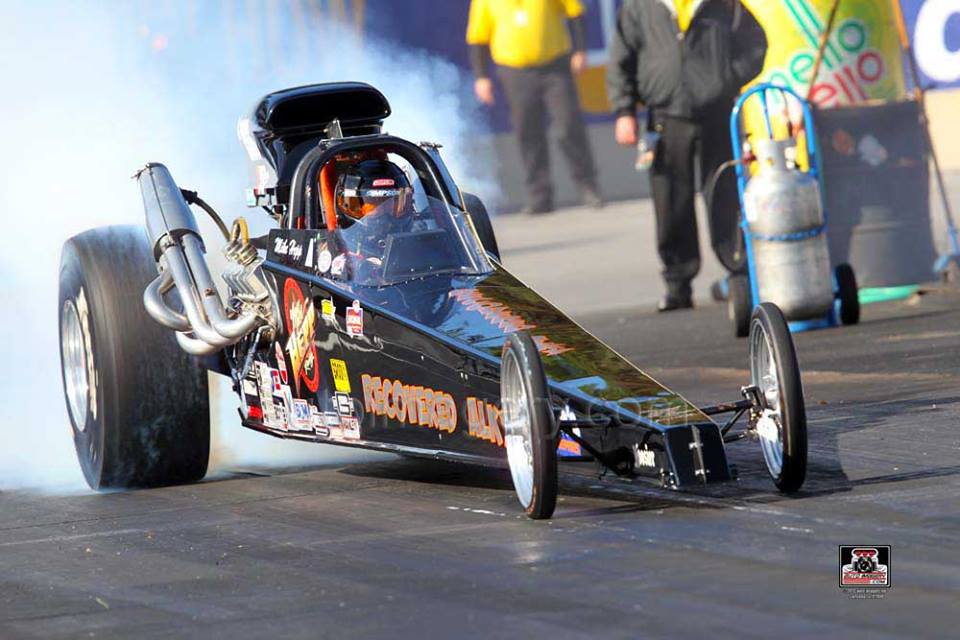 Hepp said he met Schumacher at Old Bridge Township Raceway Park in Englishtown, New Jersey. The two met at the NHRA SuperNationals over the course of June 2-5, 2011.
Hepp said he met Schumacher at Old Bridge Township Raceway Park in Englishtown, New Jersey. The two met at the NHRA SuperNationals over the course of June 2-5, 2011.
“When I met Tony in 2011, I had never met him in my life,” he said. “When I started to look at the NHRA again after 25-years, he wasn’t even a name in the 1980s. His father was, but he wasn’t. I went to Englishtown to experience something that I wasn’t used to doing in asking another man for help. I thought if I was going to ask anybody, this man had a pretty good track record, and maybe he would be willing to help.
“When I went to Englishtown, he was there by the trailer signing autographs. My stepdaughter wanted to get a hat signed by him. I remember that day vividly. I remember there were about 25 people in front of me. As the crowd started to dwindle down, I was very nervous. At first, I didn’t want to ask because I thought he would think that I was an idiot. I thought I was wasting my time. He saw that I was struggling with the idea -- and I don’t know how -- he looked over and said what’s up?
“I said I was hoping you had a few minutes to talk, and he said no problem. Within a few minutes, he pulled me into his pit area, and I spilled the beans to him. I told him I’m a recovering alcoholic and drug addict. I told him I battled addiction for over 30 years, and I’m six years clean at the time, and I want to run Top Fuel. I won’t repeat what he said to me, but it was funny. We hit it off from that point -- and that day, he gave me his cell phone number and he directed me to Doug Foley.
“He told me to do A, B, and C -- and I did what he told me to do. I ended up getting my Super Comp license in 2011, then Glenn and I met up in 2012. I told Glenn we had to get his struggle with sobriety squared away, and let’s pursuit this Racing for Recovery thing. He was on board with this, and had it not been for him, none of this would be here today. Glenn put a lot of money into this program. I didn’t have any money laying around because mine went into alcohol or my crack pipe.”
Through his interaction with Schumacher, Hepp was connected with the Vice President of Don Schumacher Racing. Mike Lewis, a long-time racer, whose family has been involved in Maple Grove Raceway in Mohnton, Pennsylvania, also met with Hepp.
“I would only see Tony twice a year at Englishtown and Maple Grove,” he said. “One thing led to another, and I ended up connecting with Mike Lewis. I met Don [Schumacher], and I’ve met some great folks and a network in the professional category, who are 100% supportive of what we do. Cory McClenathan is a good friend. Meeting Cory Mac was like meeting Elvis and it was awesome talking to him. Here I am at one point a homeless, deadbeat crack head and alcoholic, and here I am with Tony Schumacher, Mike Lewis, Cory Mac, Del Worsham, Shawn Langdon, and the list goes on with their phone numbers in my phone.
“I got these guys numbers in my phone. Here’s a guy, who was showering in a dumpster at Penny Pack Park -- it’s amazing. God has been good to me and us. The journey we have been on is short of amazing. What we’ve been through is so humbling. I get emotional about it a lot of time.”
The Bucks County, Pennsylvania native said Glenn and his self has worked with more than 300 people in the Road to Recovery program since it started. The non-profit race team also provided different resources for individuals, who are struggling in this battle.
“We have helped over 300 people in one form or another,” Hepp said. “When I say we helped over 300 people, not all of them have gone into inpatient rehab -- some we got into detox, a good majority of the 300 went into recovery homes. If you come to us and ask for help, we consider that a success. I would love to wave a magic wand and be God and make everyone sober, but it doesn’t work like that. If you come to us, the deal is, we’ll help you, be a resource for you and point you in the right direction, and give you the keys, but you have to put them in the ignition.
“You have to make the effort. Faith without work is dead. You have to get out there and get after it on your own. You have to be willing to walk the walk and take ownership and responsibility for your life. You have to admit defeat and be willing to turn your life around. That we cannot do for you. We can give you the tools, but we cannot walk the walk for you. There’s been people who we put into rehab, who are dead. You have to do the work.”
You can learn more about the Mike Hepp Racing for Recovery program by visiting http://www.mikeheppracing4recovery.com/



























